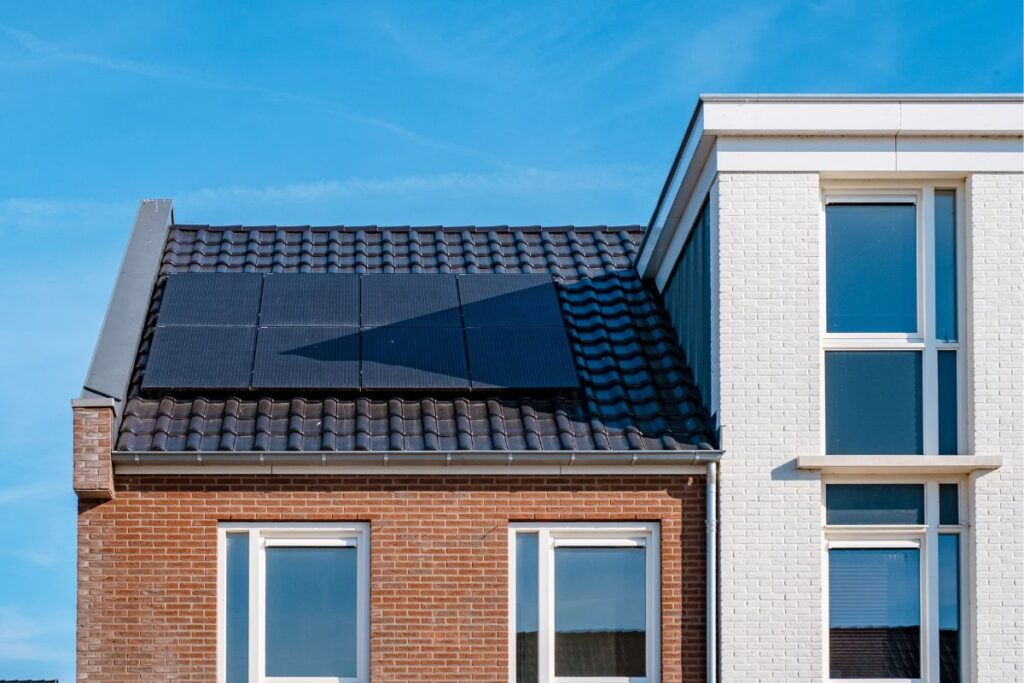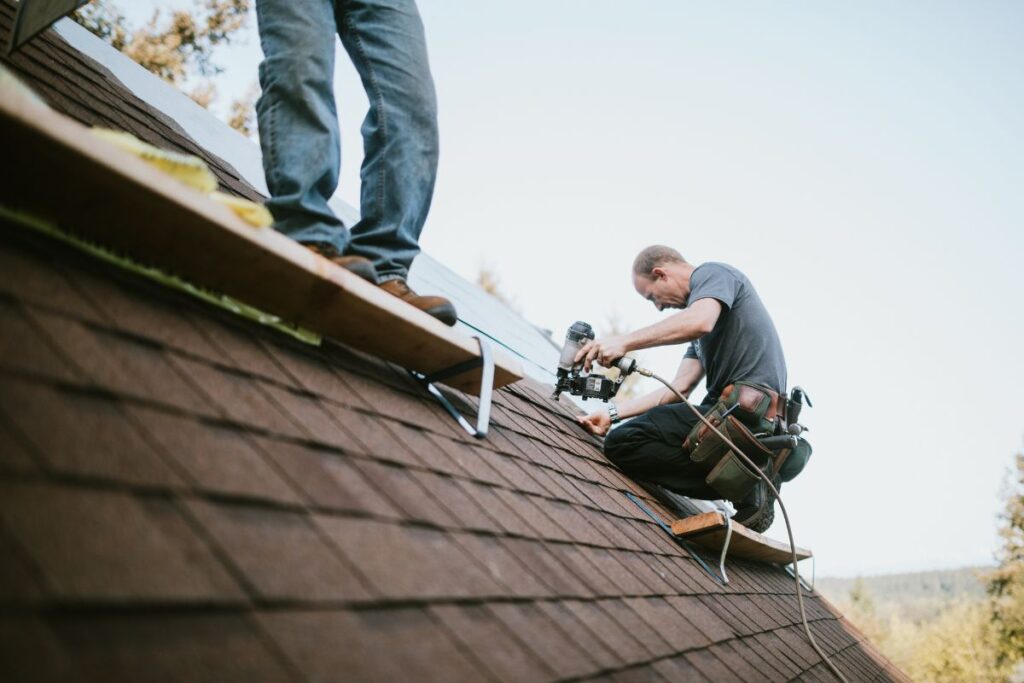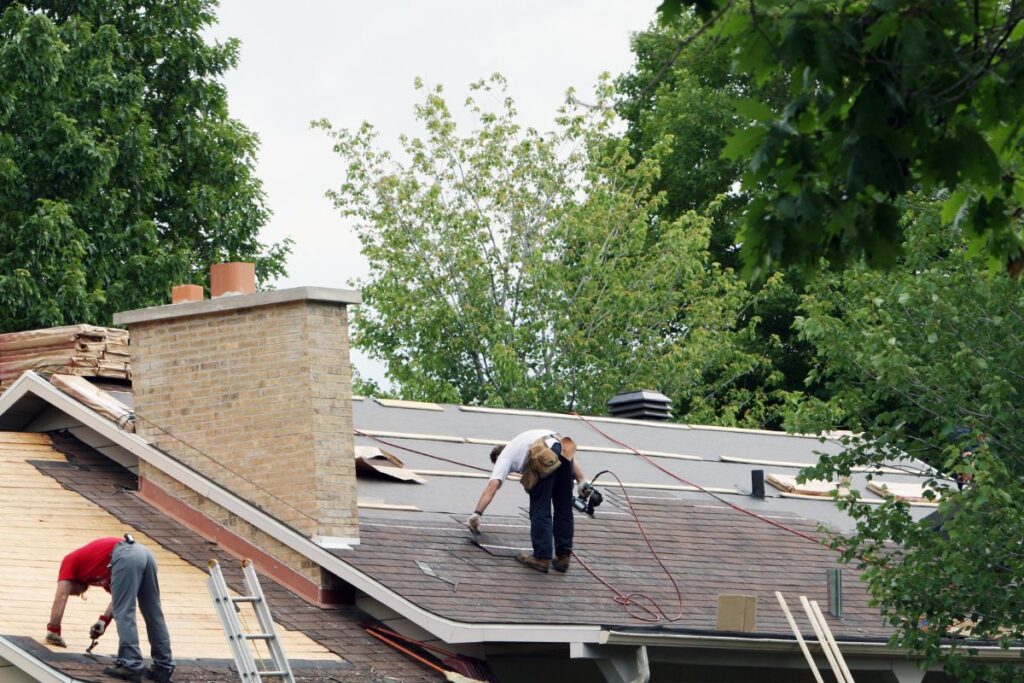In the quest for improved energy efficiency, homeowners often overlook a significant factor: the roof. A well-designed and installed roof can play a crucial role in conserving energy, reducing your monthly utility bills, and mitigating environmental impact. So how exactly does a new roof improve your home’s energy efficiency? Let’s find out.
- Improved Insulation
One of the primary ways a new roof can enhance your home’s energy efficiency is through improved insulation. The roof is one of the main areas where heat can escape from your home in winter or enter in summer. With a new roof installed, especially one designed with modern, energy-efficient materials, you’ll benefit from better insulation, maintaining a consistent indoor temperature without overusing heating or cooling systems.
- Reflective Roofing Materials
Today’s roofing materials are designed not only for durability and aesthetic appeal but also for energy efficiency. For instance, cool roofs are designed with highly reflective surfaces that bounce back the sun’s rays, reducing the heat absorbed and subsequently lowering cooling costs in summer.
- Ventilation
A well-ventilated roof helps to regulate temperature and humidity levels in the attic space. This can prevent hot air from accumulating in summer or dampness that could compromise your insulation in winter. Both scenarios can put unnecessary strain on your heating, ventilation, and air conditioning (HVAC) system.
- Incorporation of Solar Panels
If you’re considering a new roof, it’s the perfect time to think about solar panels. Solar roofing can generate renewable energy for your home, reducing reliance on the grid and lowering your energy costs. Some new roofing materials even incorporate solar technology into the roof tiles themselves.
- Reduction in Repairs and Maintenance
Old, worn-out roofs often have damage or wear that compromises their efficiency, letting in cold drafts or losing heat. A new roof, especially when combined with updated insulation and ventilation, will be far more efficient, reducing the need for constant adjustments to your indoor heating or cooling.
It’s clear that a new roof can significantly impact your home’s energy efficiency, but it’s important to remember that not all roofs are created equal. The materials used, the quality of the installation, and the roof’s design all play a role in how much energy—and money—you can save.
At Kiwi Roof Masters, we specialise in installing energy-efficient roofing systems. We’ll help you choose the right materials and design to maximise your home’s energy savings. Contact us today to learn more about our new roofing installation services and how a new roof can benefit your home’s comfort and efficiency.


